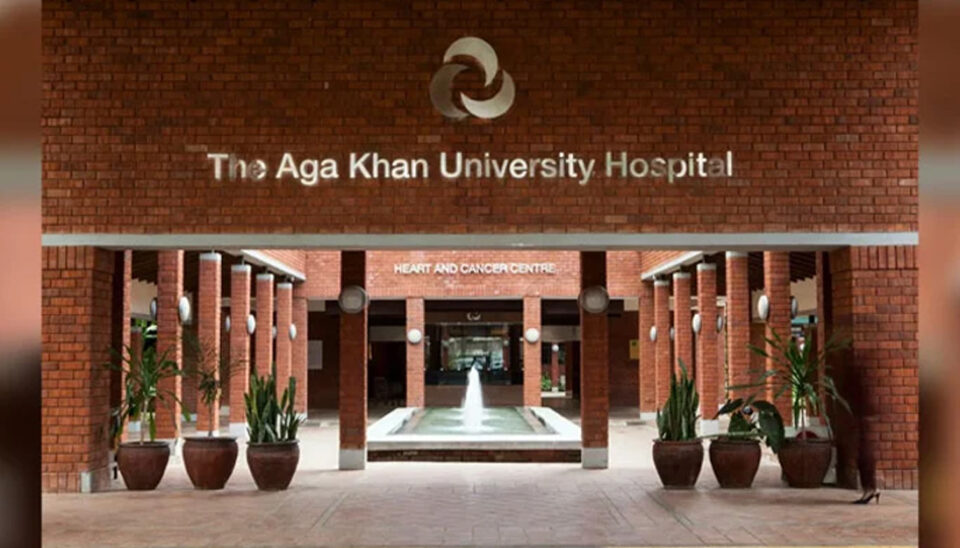The Aga Khan University (AKU) is considering a significant expansion into Northern Pakistan by establishing a “University Hospital” in Islamabad, following a request from the Government of Pakistan. AKU President Dr. Sulaiman Shahabuddin shared this development during an exclusive interview with The News on Tuesday.
Dr. Shahabuddin stated, “We are planning to expand the University Hospital’s footprint to Islamabad. Discussions are ongoing, and our teams are actively exploring options to ensure AKU’s physical presence in the federal capital.” This expansion is part of AKU’s broader five-year strategic plan, which includes the establishment of teaching programs in Islamabad. He emphasized that Islamabad, along with key regions like Khyber Pakhtunkhwa, Kashmir, and Lahore, holds strategic importance for AKU’s growth.
Reflecting on the vision of His Highness Prince Karim Aga Khan, Dr. Shahabuddin highlighted the goal to revive research and knowledge creation in the Muslim world. He mentioned that the Aga Khan often references the influential Muslim scientists, researchers, and philosophers from the 9th to 12th centuries, whose work significantly shaped modern knowledge. This vision is evident in the $2.2 billion investment made in AKU and its affiliated institutions since its inception.
Dr. Shahabuddin also touched on the historical contributions of Aga Khan III, the grandfather of the current Aga Khan, in establishing Aligarh Muslim University in undivided India—a pivotal institution in the independence movement and the creation of Pakistan.
AKU, which was established as Pakistan’s first private university in 1983, has since become a major institution for higher education and research, with campuses in Kenya, Tanzania, Uganda, the United Kingdom, and Afghanistan. Additionally, AKU established Pakistan’s first School of Nursing in Karachi in 1980, setting high standards for nursing education and practice in the country. Today, over 50 nursing schools in Pakistan are led by AKU graduates, significantly enhancing the role of female nurses in the nation.
Dr. Shahabuddin also discussed AKU’s role in educational development, citing the impact of AKU’s Institute for Educational Development on the Sindh Teachers Licensing Law of 2023. This law, which resulted in 646 teachers passing the licensing exam, has greatly influenced education standards in Sindh and across Pakistan.
Despite AKU’s achievements, Dr. Shahabuddin expressed concern over the high number of out-of-school children and malnutrition rates in Pakistan. He called for improvements in primary and secondary education, as well as the development of colleges and universities that meet international standards.
While AKU Hospital (AKUH) is a leading tertiary-care facility in Pakistan, Dr. Shahabuddin emphasized the need for better primary care and preventive healthcare. He highlighted the importance of affordable healthcare, particularly in addressing cardiac and cancer-related issues. He noted that lifestyle changes and early cancer detection could significantly improve survival rates, and called for low-cost health interventions to address Pakistan’s health challenges.

